Post Time:Mar 11,2022Classify:Industry NewsView:1471
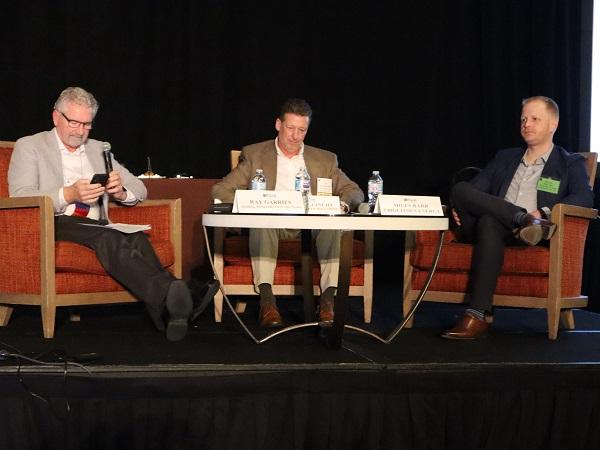
FGIAonline.org
Two in-person panels and a roundtable discussion took place during the 2022 FGIA Hybrid Annual Conference.
Two in-person panels and a roundtable discussion took place during the 2022 Fenestration and Glazing Industry Alliance (FGIA) Hybrid Annual Conference in Amelia Island, FL, highlighting trends like thin triple glazing, sustainability best practices and case studies on innovations made in the window industry. These topics gave concrete examples of work being done with fenestration and glazing in terms of environmental efforts and technological advancements.
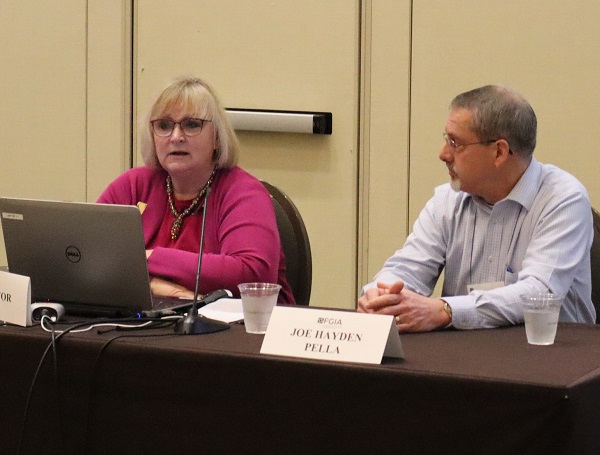
A panel discussion comparing thin triple glazing to traditional triple pane units featured panelists Robert Grommesh, IG Technical Service Manager at Cardinal IG; Robert Hart, Principal Scientific Engineering Associate at Lawrence Berkeley National Laboratory; Joe Hayden, Principal Engineer at Pella Corporation; and Bill Lingnell, FGIA Glazing Consultant at Lingnell Consulting Services. It was moderated by Kathy Krafka Harkema, FGIA U.S. Technical Operations Director, and Amy Roberts, FGIA Director of Canadian and Technical Glass Operations.
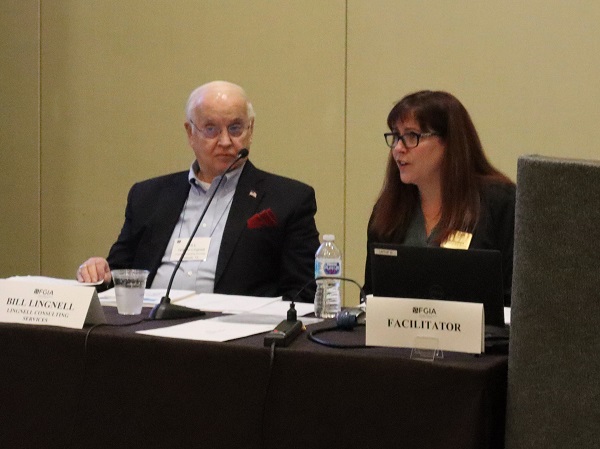
"There is a lot of potential for growth in this area," said Hart on thin triples. "The case for thin glass is really ENERGY STAR. Traditional triple pane is too heavy, too wide, too expensive at times for retrofits. Thin triples provides a drop-in replacement."
These industry experts highlighted the differences in traditional triple pane windows and thin triples, how thin triples relate to the new proposed U.S. ENERGY STAR 7.0 specification and why energy proponents are driving the use of more "thin triple" technology as I-Codes, including in building the potential for more energy efficient fenestration products. Lingnell said some architects in the commercial sector are looking at thin triples, although not as much as residential. "But it will come to pass," he said.
Owner and President of Global Fenestration Advisors, Ray Garries, moderated a roundtable discussion on the latest innovations in the window and door industry. Garries, along with participants: Tim McGlinchy, Executive Vice President of Engineering and Research and Development at GED; Miles Barr, Chief Technology Officer at Ubiquitous Energy; and Chad Swier, Product Manager-Balances/Sliding Windows at AmesburyTruth, reviewed some of the newest innovations to hit the market and how they were developed.
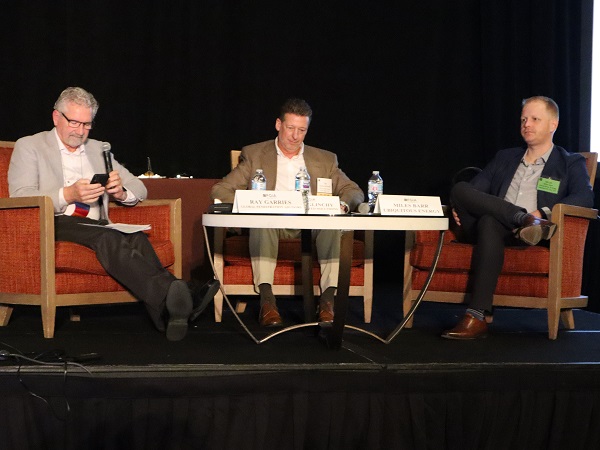
"Innovation does not have to just be for engineers or technical people," said Garries. "Everybody has great ideas."
The three panelists each shared some of their company's innovative ideas and walked through how each was conceived of and eventually carried out, ranging from a window product that changed how a balance locks when the sash is tilted or removed, a product tracking system to solve the challenge of misplaced windows and a coating that can turn a window into a transparent solar panel. "We are in the process of developing our first full scale manufacturing line, floor to ceiling windows. You can feed the energy into a grid to power devices, mechanics and more," said Barr of the last product.
Another panel, moderated by Aaron Blom, FGIA Technical Training Specialist, addressed ideas for how to begin a company's sustainability journey and offered a clearer understanding of the difference between embodied carbon and operational carbon. Participants heard advice from three different companies on these environmental matters and more. Panelists were Chris Giovannielli, Product Manager at Kawneer; Dr. Helen Sanders, General Manager at Technoform; Cathy Tarkey, Market Development Manager at Sherwin-Williams; and Douglas Mazeffa, Global Sustainability Director at Sherwin-Williams.
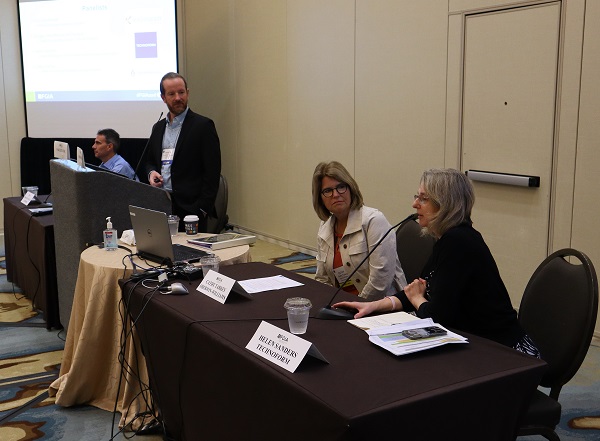
A common theme among the panelists was an increasing need for education of employees about sustainability and how it can begin from the ground up in manufacturing facilities. "People think sustainability is just about recycling," said Sanders. "Education is needed. Dig deeper to see if your chosen path is a sustainable one."
Regardless of where companies are in their paths, panelists agreed more can be done by all. "We want our culture to prioritize sustainability," said Mazeffa. "It's a journey."
For more information about FGIA and its activities, visit FGIAonline.org.
Source: FGIAonline.orgAuthor: shangyi